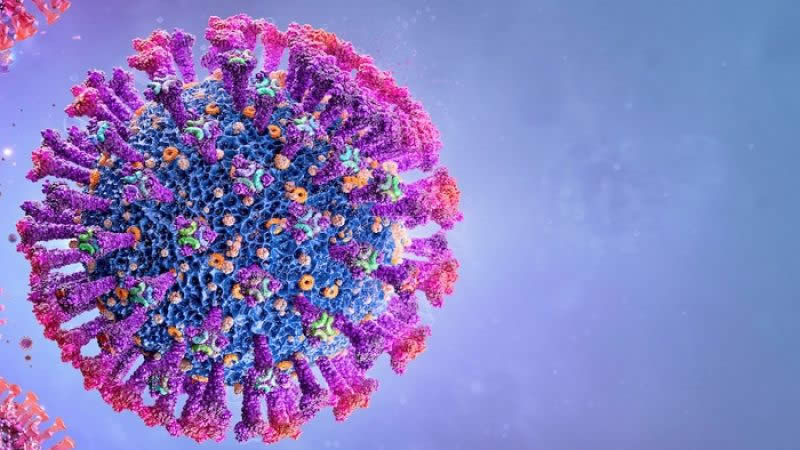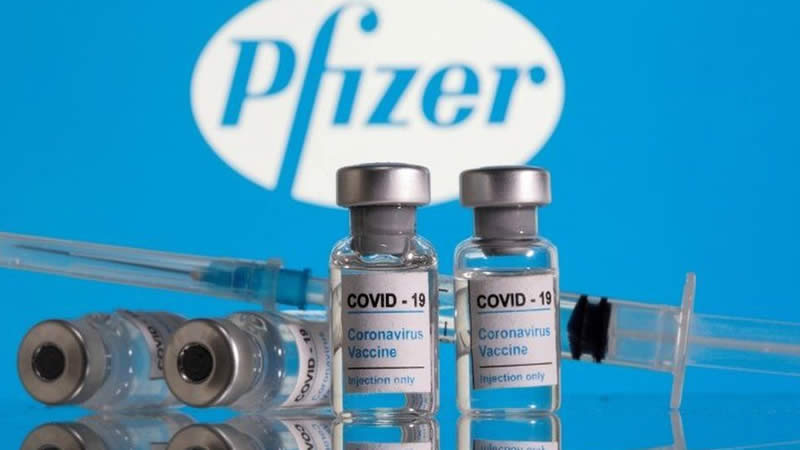 Fertility experts are hailing a mouse study in which working sperm cells were created from embryonic stem cells in mice as “hugely exciting”.Japanese researchers successfully implanted early sperm cells, made from the stem cells, into infertile mice.The working sperm which they made was then used to father healthy, and crucially fertile, pups, Cell journal reports.A UK expert said it was a significant step forward in infertility research.
Fertility experts are hailing a mouse study in which working sperm cells were created from embryonic stem cells in mice as “hugely exciting”.Japanese researchers successfully implanted early sperm cells, made from the stem cells, into infertile mice.The working sperm which they made was then used to father healthy, and crucially fertile, pups, Cell journal reports.A UK expert said it was a significant step forward in infertility research.
The Kyoto University team were able to turn mouse embryonic stem cells into early sperm cells called primordial germ cells (PGCs).When these were transplanted into infertile mice, the animal played “host” as the stem cells developed into normal-looking sperm. This was then used to successfully fertilise eggs.These eggs were then transplanted into a female mouse and healthy offspring were born who grew into fertile male and female adult mice.
The team, led by Mitinori Saitou, suggest the same procedure could be carried out using stem cells derived from adult skin cells.Dr Jane Stewart, a spokeswoman for British Fertility Society and consultant gynaecologist at Newcastle Fertility Centre said the ability to generate gametes (reproducing cells) or gamete producing cells in the lab would be a “landmark achievement in the understanding and potentially treatment of fertility problems”.She added: “This publication in an animal model marks a further step towards this goal.”However, as the authors clearly point out, much work remains to be done before we have a full understanding of such biological processes and indeed the implications of undertaking them in the lab.”
Dr Allan Pacey, senior lecturer in Andrology at the University of Sheffield said: “Many research groups have attempted to re-create the process of sperm production in the laboratory using stem cells as the starting material.”This has huge implications for furthering our understanding of how sperm are made, but may also one day lead to a clinical application whereby we could make sperm for infertile men.”But he added: “Sadly, so far, none of the attempts to make sperm from embryonic stem cells have been hugely successful, although we have learned much about some of the cellular processes involved.
“Furthermore, most of the attempts to use sperm-like cells have lead to the birth of unhealthy offspring which have quickly died.”But he said the Kyoto paper was “quite a large step forward” in developing a process by which sperm could be made for infertile men, perhaps by taking as a starting point a cell from their skin or from something like bone marrow.He added: “Clearly more work needs to be done to refine this process, but it’s hugely exciting.” – BBC












